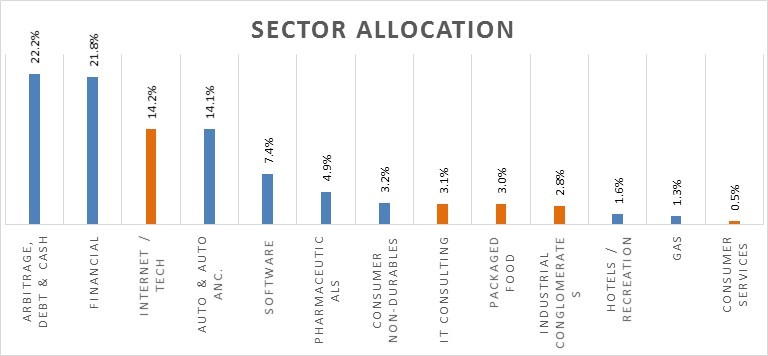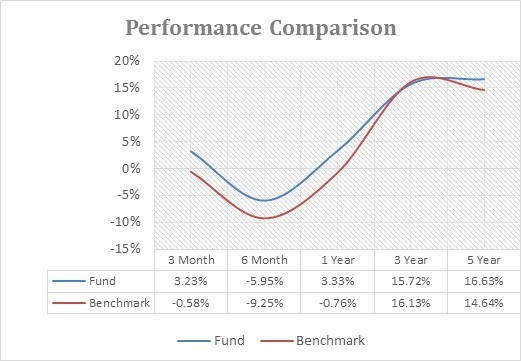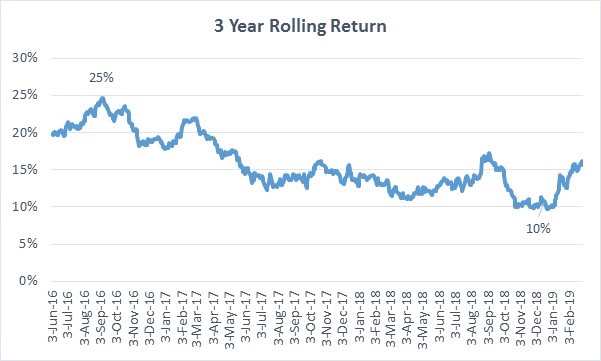Rucha Mulay, founder of R Pilates Studio in Pune is also the pioneer of equipment Pilates in the same city. Having flown for British Airways as an international cabin crew for 10 years, Rucha’s love for Pilates was a discovery during one of her trips to London that set her on a journey from where there’s no looking back. She was introduced to Pilates by a friend on that trip and says that it was love at first sight for her. She began frequenting the studio as it was healing her backache and soon she decided to bring Pilates to Pune.
 After relinquishing her flying job, she enrolled herself for ACSM CPT (American College of Sports Medicine) then did all her Pilates certifications one by one. In 2013, Rucha started teaching mat Pilates classes at a gym and also started personal training at home. In 2014, she started her own Pilates Studio, R Pilates in Pune with only 1 reformer in a small apartment in her parents’ building. Today, she has a beautiful 1000 square feet studio in the most plush area of Pune with all the Pilates apparatus imported from Sacramento, California and a big family of 6 Pilates teachers, 150 clients and another branch opening soon.
After relinquishing her flying job, she enrolled herself for ACSM CPT (American College of Sports Medicine) then did all her Pilates certifications one by one. In 2013, Rucha started teaching mat Pilates classes at a gym and also started personal training at home. In 2014, she started her own Pilates Studio, R Pilates in Pune with only 1 reformer in a small apartment in her parents’ building. Today, she has a beautiful 1000 square feet studio in the most plush area of Pune with all the Pilates apparatus imported from Sacramento, California and a big family of 6 Pilates teachers, 150 clients and another branch opening soon.
Rucha’s inspiration to become an entrepreneur was her passion for fitness and Pilates. She believes that Pilates changes lives and she wanted her Pune people to have access to that through a dedicated studio in the city. As someone who doesn’t come from a business family, she was apprehensive about a few things while starting out. Return on investment, being a critical factor. Having invested a substantial amount in education and equipment, her fear was whether Pune people would be willing to pay the kind of money Pilates trainers charge in Mumbai.
Taking baby steps in the beginning, Rucha started on a very small scale where the overheads would not leave her restless. Initially, she invested some savings of hers from the British Airways job and her husband helped her too. She specifies that she didn’t take any loans. She gradually started adding equipment to the studio and when she felt the need to scale up, she calculated her figures, did a lot of homework and then made the move. The overheads were going to be 10 times more but the way their work had increased, she was confident that they would do well. “I had a very clear picture of our business in my mind.” states Rucha.
 Having landed firmly on her feet with her venture, she shares her approach with us. “If you know exactly what you want to do, start small, watch the response, make your mistakes and learn your lessons in a small set up. Once you have tested the waters then dive in into the big pool. Always count your figures backwards. Give your business a strict teething period and make sure it picks up pace gradually. Set goals and talk to your team regularly.” While starting a business or even while scaling up, we know that finance is the key component. Since personal savings become a big part of investment in it, it is quite natural for one to experience that they are low on that reserve for a while. Rucha experienced the same after moving to a bigger studio where her overheads increased manifold and her personal savings took a back seat. However, she continued with her basic savings like PPF and left them untouched. Now that the new set-up too has been established well, she has been able to focus better on building up that reserve for her personal savings and has defined separate financial goals for herself and R Pilates where she has started two separate SIPs for future capital investment and her own retirement.
Having landed firmly on her feet with her venture, she shares her approach with us. “If you know exactly what you want to do, start small, watch the response, make your mistakes and learn your lessons in a small set up. Once you have tested the waters then dive in into the big pool. Always count your figures backwards. Give your business a strict teething period and make sure it picks up pace gradually. Set goals and talk to your team regularly.” While starting a business or even while scaling up, we know that finance is the key component. Since personal savings become a big part of investment in it, it is quite natural for one to experience that they are low on that reserve for a while. Rucha experienced the same after moving to a bigger studio where her overheads increased manifold and her personal savings took a back seat. However, she continued with her basic savings like PPF and left them untouched. Now that the new set-up too has been established well, she has been able to focus better on building up that reserve for her personal savings and has defined separate financial goals for herself and R Pilates where she has started two separate SIPs for future capital investment and her own retirement.
Rucha shares some wisdom nuggets generously for budding women entrepreneurs. “Unless you dive in, you are not going to be able to show your swimming skills. But do not dive in if you don’t know how to swim well as just moving your hands and legs in water won’t take you to the shore gracefully. Know your capabilities, know your limitations, work around them, have a plan B ready always and don’t think mediocre. Think big .”






